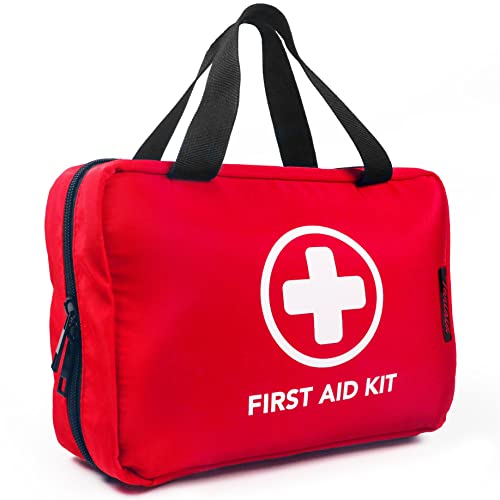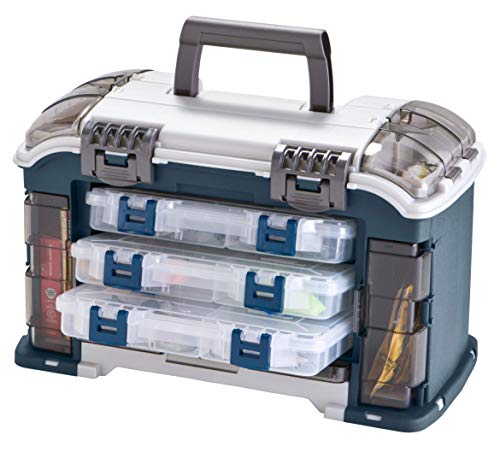richg99
Well-known member
https://www.followingseas.media/blog/2017/1/30/fixing-that-pesky-outboard?fbclid=IwAR3aU6FB5YHVN9NrIyDSQmrWzcrdr6uB02WNXETJh3u78mplbu00tdtZ1bg

eshaw said:Moral of story, don't use ethanol in your small engines unless you're using it up all at one time.













turbotodd said:Typically you get about 2 weeks out of fuel before it starts to degrade. So those of us with 4hp outboards and 12 gallon fuel tanks are hit hard because the engine doesn't use much fuel to start with and the tank just sits. How do you solve that? 3 gal tank. Same thing I did and my fuel system problems disappeared.
kofkorn said:As a general rule, it's not great to run multi-carb motors dry. The fuel will run dry in the top carb first and you'll be running the top cylinder without oil for however long it takes for the lower carb to run dry.
If I"m concerned about leaving the motor for a while, I'll pull the drain plug on the front of the carb with a rag to soak up the fuel. I normally only do that when I winterize.
Good luck!
My motor was made in 1999 and it says it's compatible with e10 in the manual.turbotodd said:Outboards manufactured since ROUGHLY 2010 are rated for use with E10.
Enter your email address to join: